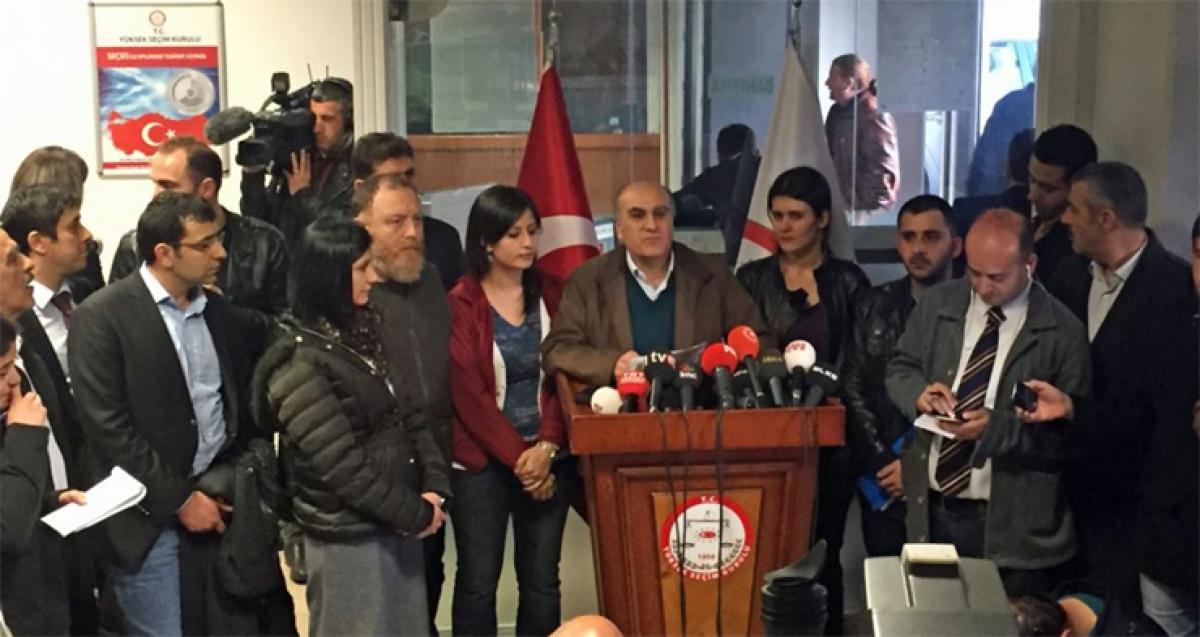Live
- ‘Get Set, Grow Summit 2024’ Focuses on Digital Detox for Families
- Stokes motivates his team to put in extra effort, says England pacer Potts
- From overcoming setbacks to leading India in U19 Women’s Asia Cup, Niki Prasad's amazing journey
- Driving Enterprise Security: Inside Venkata Reddy Thummala’s Leadership Journey
- Constitution debate: PM Modi hails 'Nari Shakti'; makes strong pitch for 'United Bharat’
- Abhijeet Bhardwaj: Revolutionizing Enterprise Analytics with Innovation and Expertise
- Bihar: Inquiry initiated against principal who went to buy veggies during school hours
- Press Sri Lankan Prez for release of Indian fishermen: TN Cong MP to EAM Jaishankar
- TN: DMK postpones executive meet due to heavy rains & Parliament session
- Porous silicon oxide electrodes can fix durability issues in batteries: Researchers
Just In
An unestbalished political conformity : Elections in Turkey


Turkeys political over-line is a subject interlinked with economic and geo-societal perceptional variances that are predominant in the Middle east and Europe. Turkey has its own historical significance which clearly directs a tiled way for a healthy diplomatic tie up with the Arab world as well as the Europe. As any democratic republic nation, Turkey too has its own political diversity that has been changed with time, relatively bracketed under the shadow of socio-political evolution.
Turkeys political over-line is a subject interlinked with economic and geo-societal perceptional variances that are predominant in the Middle east and Europe. Turkey has its own historical significance which clearly directs a tiled way for a healthy diplomatic tie up with the Arab world as well as the Europe. As any democratic republic nation, Turkey too has its own political diversity that has been changed with time, relatively bracketed under the shadow of socio-political evolution.

An evident essence of Islamism in the country is purely a theological progression that happened under the Ottoman Empire and the aftermaths of Ottoman Wahabi War also perchance added up to the progressed changes. It is to be highlighted that Turkish leaders have perused their democratic system with aptness of pre-historical significance and appealed to the regions historic Multiculturalism and multiconfessionalism correcting the Western misconceptions about Middle Eastern culture developed with an orientalist prejudice.

© 2024 Hyderabad Media House Limited/The Hans India. All rights reserved. Powered by hocalwire.com






